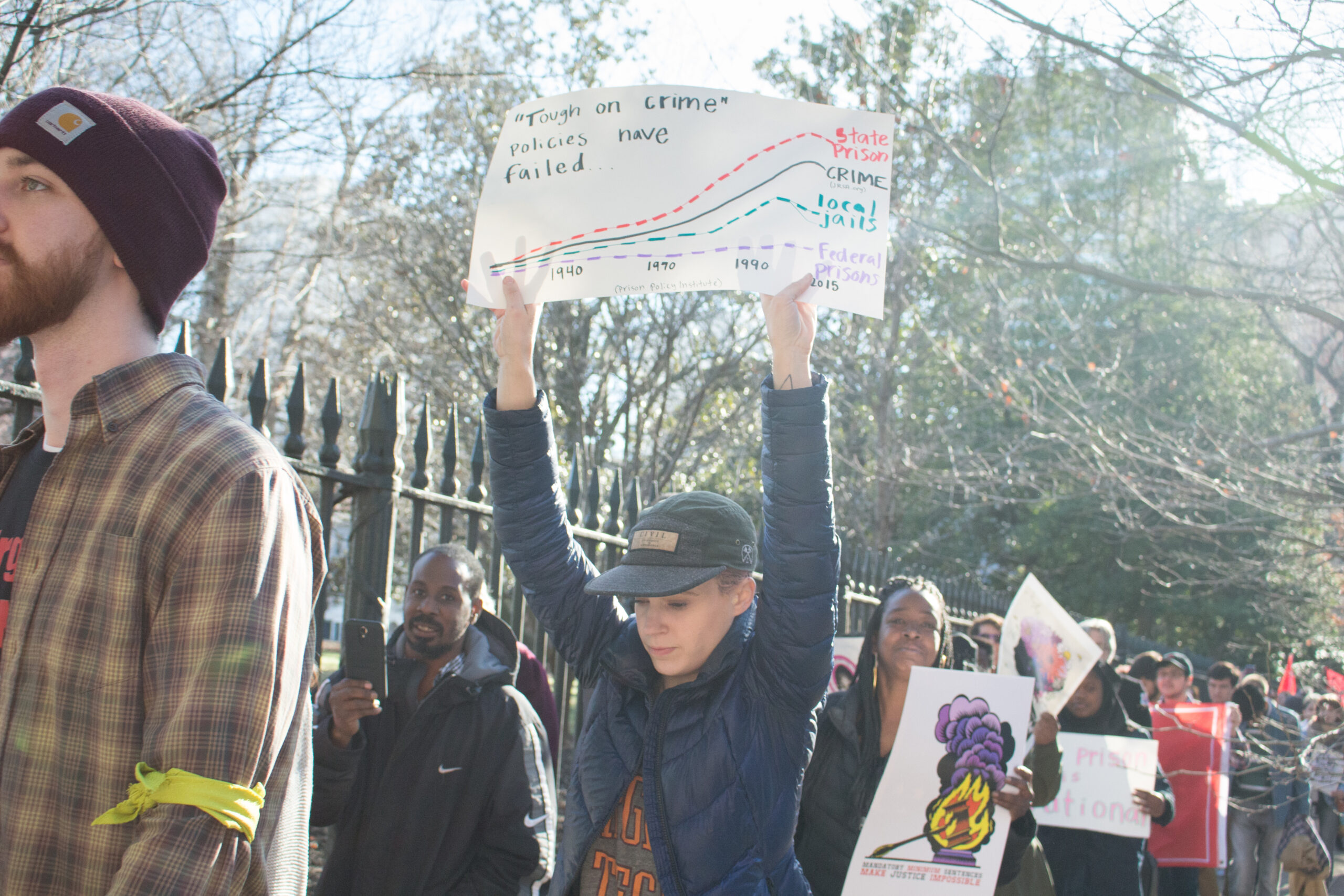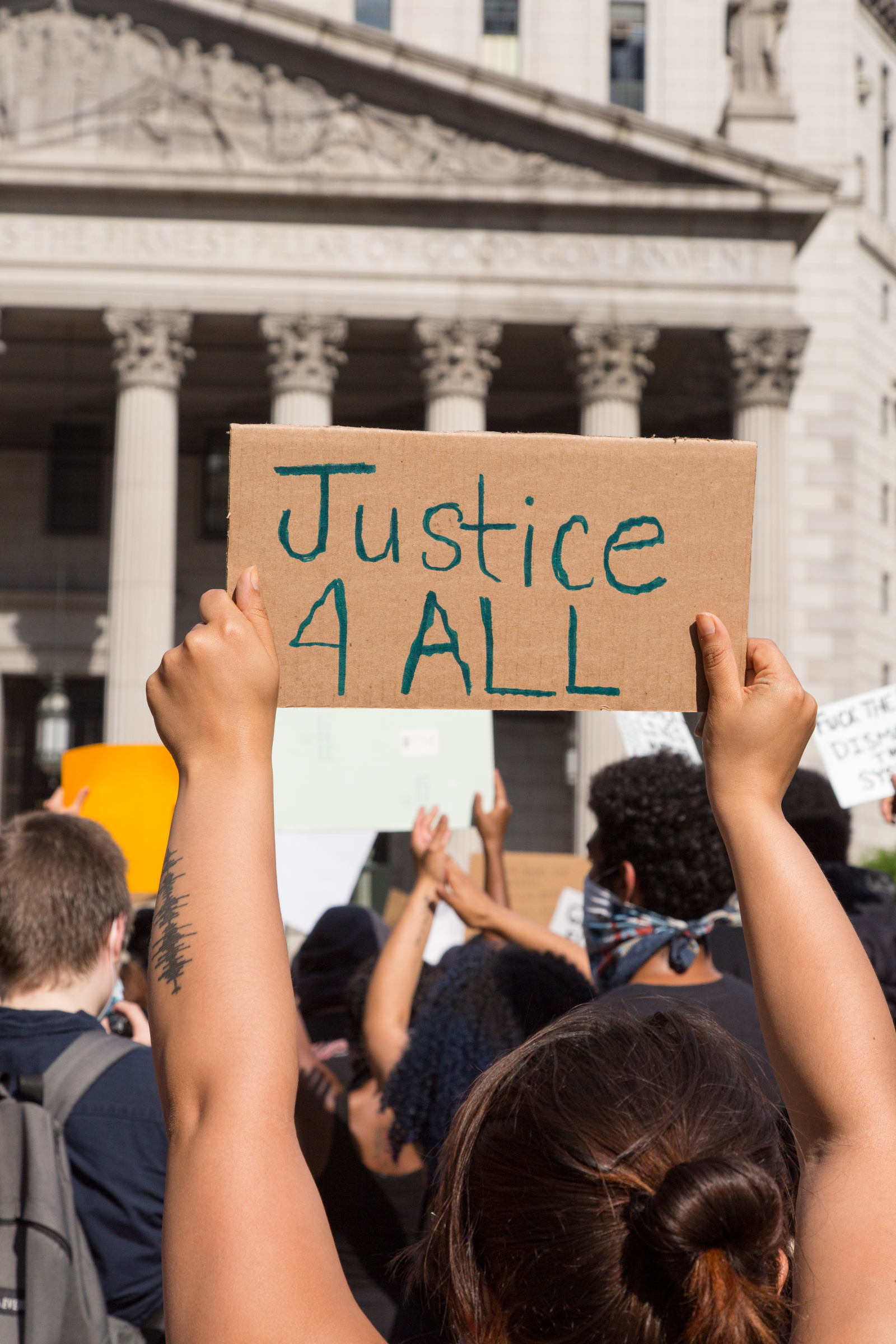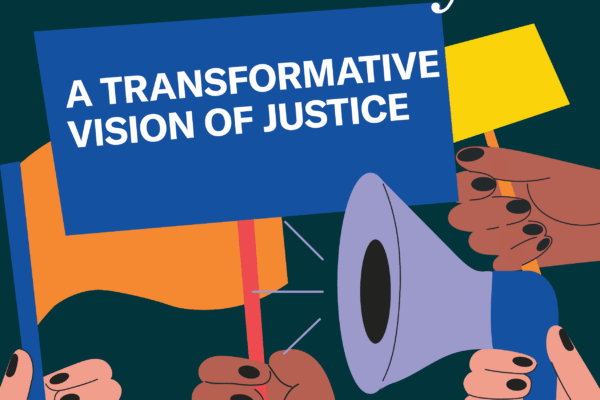The Crisis of Mass Incarceration
There’s no question: the United States is facing a mass incarceration crisis – and continues to incarcerate people at a higher rate than any other country in the world.
The carceral system has devastated families, fractured communities, and deepened racial inequities throughout the nation.
For decades, the ACLU of New Jersey has worked to reduce the number of people in state prisons and jails by advocating for more releases and fewer incarcerations.
We have made enormous strides through victories in the courtroom and in the Legislature – like passing a one-of-a-kind law to release nearly 9,000 people early during the COVID-19 pandemic, or arguing a landmark case, State v. Comer, to ensure that no child is forced to spend their entire life in prison and allow nearly 100 young people to petition for early release. Efforts like these have helped New Jersey reduce its prison population by more than 50 percent since 2011.
But at its core, New Jersey’s carceral system remains rife with injustice. The state continues to incarcerate far too many people and has the highest rate of racial disparity in the entire nation, making decarceration fundamental to racial justice here, and beyond. Comprehensive decarcerative progress means more than releasing incarcerated people at the largest scales – it must encompass so much more, including ensuring that previously incarcerated people are not subjected to excessive supervision, invasive surveillance, or overbearing parole and probation programs.
We must not allow those who profit from keeping people in prison to drive policies that continue to harm families, communities, and incarcerated people. Inaction will cost lives, tear families apart, undermine public health, and hold communities back socially and economically. Critics often claim that decarcerative policies would harm public safety – but data show that New Jersey’s efforts to reduce its incarcerated population did not have any meaningful effect on crime. We must address root causes and not be distracted by red herrings.
We must reclaim our vision for a just and equitable New Jersey – a shared future that prioritizes racial justice, centers the voices of those who have historically not been protected by our systems and institutions, and leads the nation in protecting and expanding civil rights. We must not let fear or self-serving political motivation lead us to repeat a harmful history of criminalization that will fuel over-policing and mass incarceration.
Leading the Nation in Decarceration
In recent years, New Jersey has served as a national leader in decarceration largely thanks to the work of the ACLU-NJ, impacted families, and activists across the state.
From 2017 to 2022, New Jersey’s prison population plummeted by more than 45 percent. During the pandemic, New Jersey released a higher share of its prison population than any other state in the nation. This drop was predominately due to a one-of-a-kind law to release people early during the COVID-19 pandemic.
Despite this marked reduction, far too many people remain incarcerated in New Jersey. Additionally, while the overall number of incarcerated people has declined, racial disparities remain just as stark. From 2017 to 2022, Black people accounted for about 60 percent of New Jersey’s incarcerated population despite comprising just 15 percent of the state’s overall population – the worst Black to white racial disparity in the country.

New Jersey’s prison population is also growing older. In 2017, nine percent of incarcerated people were 55 or older. By 2022, that figure jumped to 14 percent.
For New Jersey to remain a national leader in criminal legal reform, we must prioritize social and racial justice. That begins with adopting non-punitive alternatives to incarceration that expand access to opportunity and resources – and implementing data- and research-informed approaches that are developed in collaboration with impacted communities.
Rejecting Regressive Fearmongering
In addition to moving our criminal legal system forward, it’s crucial to ensure that it does not regress.
Every point of progress in our criminal legal system required immense coordinated advocacy and partnered leadership that often stretched on for many years. Each of these efforts faced intense opposition, and sometimes virulent backlash.

Consequently, with any step forward, there are critics hoping to move us back to the past: Many policymakers – nationally and in New Jersey – are claiming that we need more “tough-on-crime” policies to combat a purported rise in crime. It’s a political talking point that has been recycled throughout history. In keeping with that tradition, some New Jersey lawmakers have proposed policies that would increase criminal penalties for certain offenses and roll back bail reform.
This is deeply problematic. For one, there is no meaningful spike in crime. In New Jersey, violent crime is actually trending downward.
Second, there is no reason to believe that incarcerating more people for longer periods will improve public safety. The United States is notorious for having the highest rate of incarceration and the largest prison population in the world. If incarceration improved public safety, the United States would be the safest nation in the world. But that’s not the case.
It’s clear that we can't criminalize our way to public safety. In fact, criminalizing more activities and making our legal system more punitive will only heighten our crime statistics – creating a false, self-perpetuating cycle. There would be more arrests, fueling calls for bigger police budgets and leading to increased police presence.

And this would not impact all communities equally. Black and brown communities bear the brunt of aggressive policing and its harmful, often deadly, consequences. Policies like the failed drug war and the 1994 federal crime bill show this quite clearly.
Some lawmakers and pundits will use every step toward repairing the criminal legal system to spread misinformation, stoke fears, and reverse progress. It’s part of a playbook that’s been used time and time again. But it’s crucial to push back against this cycle. Only then can we achieve change at the largest scale and ensure New Jersey remains a national leader in racial and social justice.
Photography: Phong Tran/ACLU & James Matthew Daniel/ACLU; Illustrations: Giesla Ochoa



